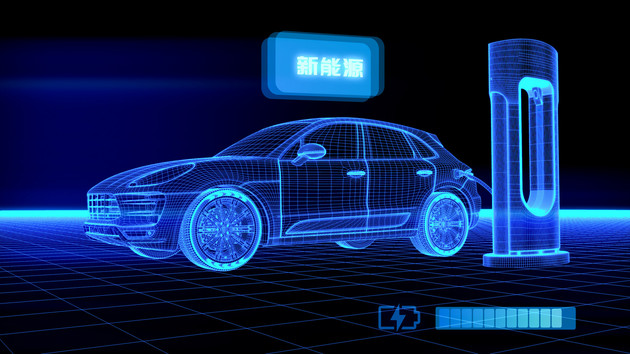
Photo/Shetuwang
June 14 (NBD) – Geely Automobile Holdings Ltd announced on Wednesday that its subsidiary Shanghai Maple Guorun Automobile Co Ltd has entered into an agreement with LG Chemical to set up a 50-50 joint venture (JV) to produce batteries for electric vehicles.
The JV is aimed at ensuring stable supplies of electric vehicle batteries for Geely, the Chinese auto firm said in the announcement.
According to LG Chemical, the two parties each would invest 103.4 billion Korean Won (87.0 million U.S. dollars) in the JV, which is designed to have an annual battery production capacity of 10 GWh by the end of 2021.
Following the announcement of their tie-up, some held LG Chemical might be the spearhead of the comeback of South Korean battery companies in China.
As the biggest market of new energy vehicles (NEVs) in the world, China has showcased rapid growth in the sector with the sales volume of NEVs surpassing 1 million units for the first time last year. In the first five months of 2019, 464,000 NEVs were sold, a year-on-year increase of 41.5 percent.
Thriving sales growth of NEVs in China strongly drives the demand of batteries. Deemed as the "heart" of NEVs, batteries account for 40-50 percent of the costs of NEVs. The sizeable market in China holds great appeal for South Korean battery firms which are seeking a strong boost for their business performance.
Some fear that South Korean battery companies will snatch some market share from Chinese peers after the comeback.
According to Qi Lu, president of the academic committee of the Advanced Batteries for xEV/ESS Conference, South Korean battery companies have advantages in providing quality full-chain solutions. Through building manufacturing JVs with Chinese enterprises, they can cut down the costs in the Chinese market by 15-20 percent.
Despite tough challenges, Chinese players still have their strengths, some argued. Yu Qingjiao, secretary general of Zhongguancun New Battery Technology Innovation Alliance, noted that top battery companies in China like Contemporary Amperex Technology Co Limited and BYD are sufficiently competitive in technologies, and are actively seeking expansion globally. Their worldwide arrangements are expected to enhance the bargaining power over upstream suppliers and cost-controlling ability, which could further sharpen their edge.
Email: lansuying@nbd.com.cn


 川公网安备 51019002001991号
川公网安备 51019002001991号





